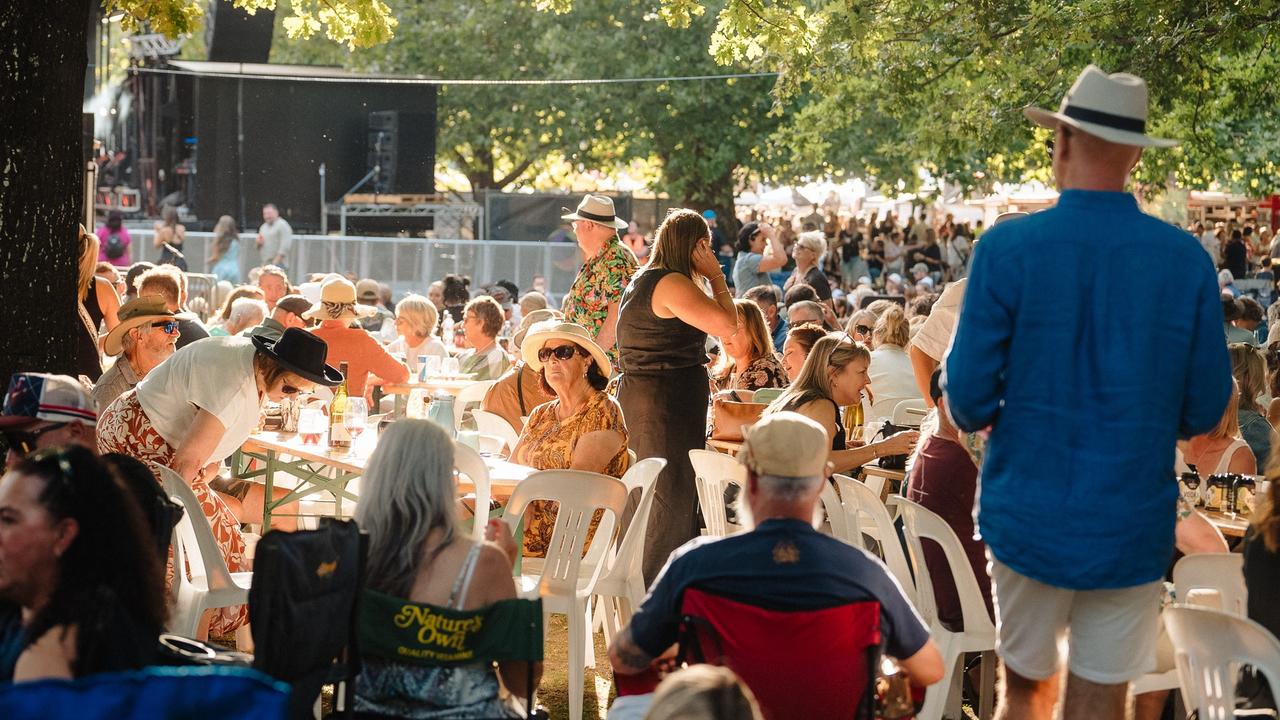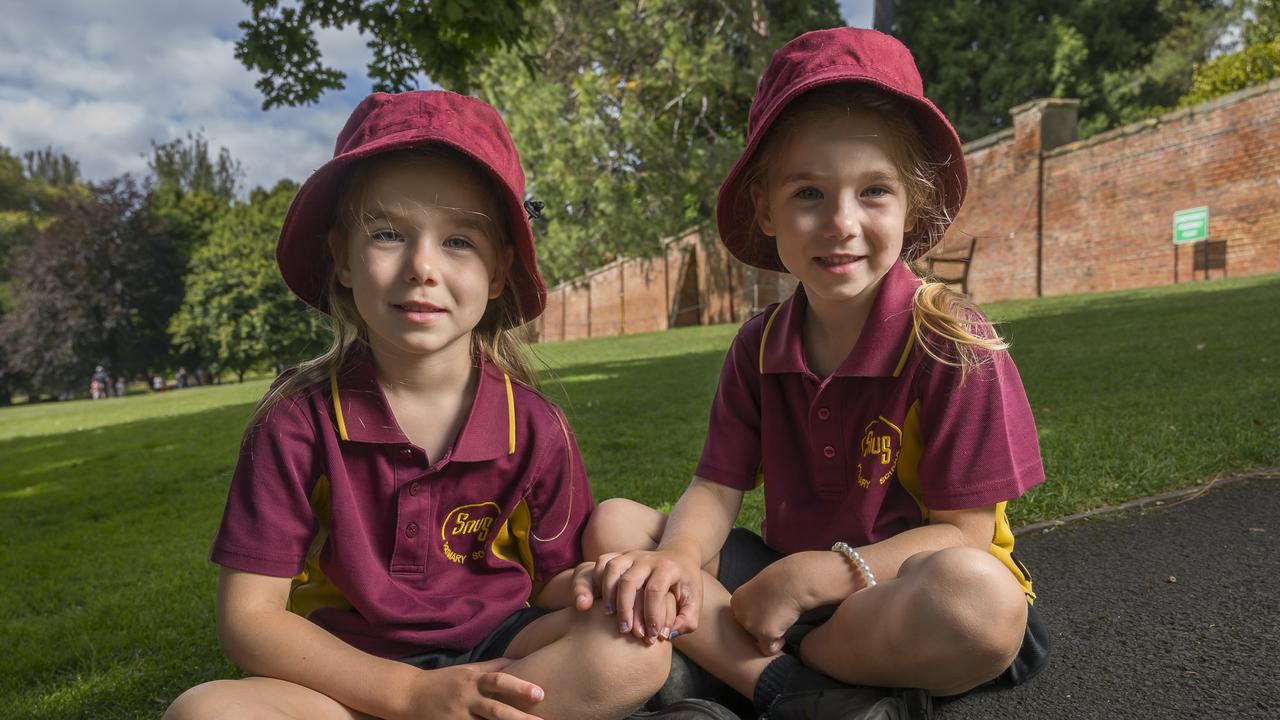Auditor-General’s report highlights University of Tasmania’s accommodation shortfalls
A report examining the University of Tasmania’s management of student accommodation has noted where it succeeded and where improvements can be made.
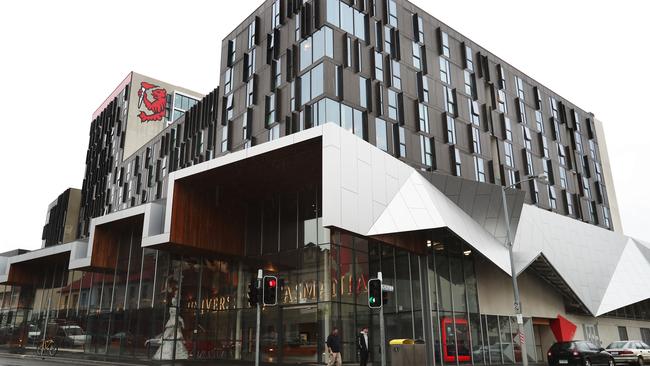
Tasmania
Don't miss out on the headlines from Tasmania. Followed categories will be added to My News.
THE University of Tasmania has responded well to a challenging accommodation market to meet student demand, but could improve its engagement with students and other stakeholders, a report has found.
Auditor-General Rod Whitehead tabled his report in Parliament today, which examined the University’s management of student accommodation since January 2012.
It found international student enrolments rose by 139 per cent in that time, from 2731 to 6535.
In response, the number of beds in University-operated student accommodation rose from 1030 in 2012 to 2139 in 2019, an increase of 108 per cent.
The University has spent tens of millions of dollars acquiring hotels across the state in recent years for conversion into student accommodation.
In Hobart, this includes 160 beds at the former Midcity Hotel, on Bathurst St, and 75 beds at the Fountainside Hotel.
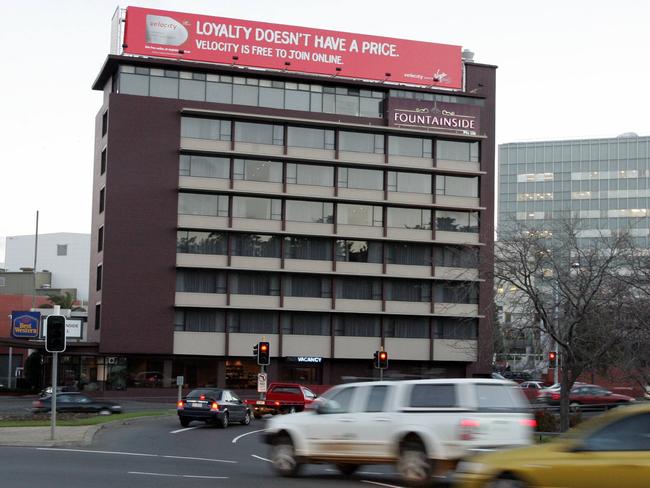
The report also included a new purpose-built student accommodation being built at Melville St, Hobart, that will include more than 420 beds.
It noted that since 2017 the private rental market had become problematic for students, especially in Hobart, due to decreasing vacancy rates and increasing rental prices, and an increasing number of students on the waiting list for University accommodation.
Mr Whitehead said the University had planned for and addressed these challenges effectively.
“There is a strategic approach to its acquisition, disposal and maintenance of student accommodation that has been articulated in various strategies over the past decade,” he wrote.
“These strategies are based on well-researched information and help guide the University’s approach.
“There was also an agile approach when less predictable changes to the local property market put more pressure on the need for affordable student accommodation.
“The University quickly acquired accommodation, ensuring appropriate consideration was given to suitability, location and the need to accommodate students at relatively short notice.”
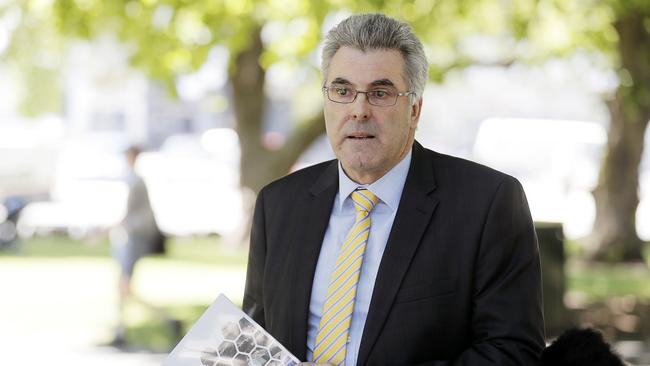
Mr Whitehead also noted the University’s shift of the management and maintenance of its student accommodation to a private contractor.
Mr Whitehead made four recommendations, including that the University continue with the implementation of a student accommodation strategy, and improve engagement with students to obtain a better understanding of satisfaction levels with student accommodation.
University of Tasmania chancellor Michael Field welcomed the findings of the report and accepted the recommendations.
“The implementation of a clear strategy over the past five years has enabled the University to proactively access capital to support additions to University accommodation that assist students with affordable housing,” he said.
“The University is committed to responding to the student voice and understands that the continuous improvement of our student accommodation service depends upon current and relevant data, obtained through student surveys and other sources.”

